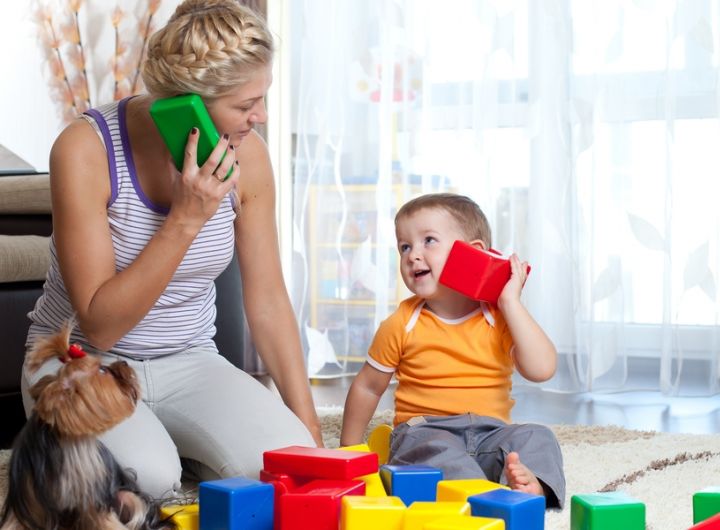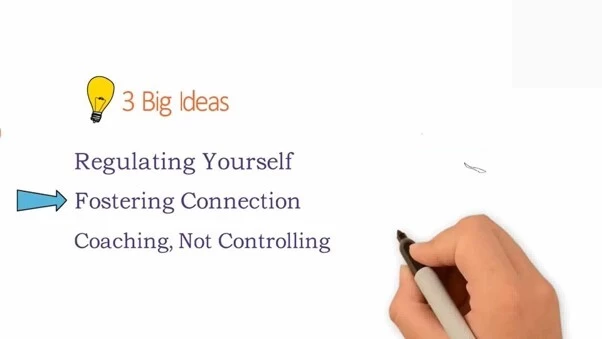
If you can spend just one half hour once or twice a week solely devoting your attention to your child you will be amazed at the difference in how he/she connects and bonds with you. With children play is the ideal medium, because it is through play they are able to explore their world safely and make sense of everything around them.
In an older child or teen that little bit of quality time is essential. Without a concerted effort by you as the parent, teenagers can soon drift apart. While this is quite natural for your teen to do so, the onus is on the parent to put in the graft to maintain a good relationship, even though the communication may wither.
IT IS NOT THE QUANTITY OF TIME YOU SPEND WITH YOUR CHILD THAT IS IMPORTANT BUT THE QUALITY OF TIME

- NO PHONE ALLOWED
- NO ANSWERING DOORBELLS
- DON’T CHOOSE A TIME THAT CONFLICTS WITH A ROUTINE ACTIVITY YOUR CHILD ALREADY ENJOYS
- MAKE THIS TIME A REGULAR ROUTINE, SO THEY KNOW THIS IS WHEN YOU WILL BE SPENDING TIME WITH THEM
- NOTICE, LISTEN AND ACKNOWLEDGE SKILLS
- FOCUS ON THE RELATIONSHIP NOT THE PROBLEM
- NEVER USE QUALITY TIME FOR A REWARD OR CONSEQUENCE
- ESTABLISH GROUND RULES AT THE START
- DON’T TEACH OR PREACH, OR INITIATE NEW ACTIVITIES
STRATEGIES YOU CAN TAKE TO GET THE MOST OUT OF YOUR QUALITY TIME TOGETHER
SOMETIMES YOU NEED TO BE PRETTY STRATEGIC TO FIND THE TIME TO SPEND THE TIME – HERE’S HOW TO ENSURE YOU GET THE TIME TO HAVE QUALITY TIME
Keep the other kids occupied. There’s a good chance your other children will interrupt your one-on-one time if they’re bored, jealous, or need to ask a question. Explain to them that everyone will get a turn and it’s important to be respectful of one another’s time. You might experiment with giving the other kids tasks or finding an activity they can play together so you can be free to focus on one child at a time.
- Acknowledge good behavior. Offer praise for good behavior during your time together. Saying things like, “Oh I really like the way you are being so patient,” or “That’s a great imagination you have there,” can go a long way toward helping your child feel good.
- Don’t worry about teaching. Don’t quiz your child or ask your child to perform. Asking questions like, “What color is that?” or “How many coins is this?” will interfere with your quality time. Instead, get involved or simply comment on what your child’s doing in a positive way without pressuring your child to show off their knowledge.
- Ignore minor misbehavior. If your child does something that is slightly annoying or obnoxious, ignore it. Look the other way, pretend you don’t hear it, and tune it out. As soon as your child starts behaving, return to your attention. This will show your child that good behavior attracts your attention, not misbehavior.
- Use consequences when necessary. If your child purposely breaks something or becomes aggressive, use a time-out or take away a privilege. Show your child that unacceptable behavior has consequences, even when it occurs during your special one-on-one time together.
- Don’t make one-on-one contingent on good behavior. There will likely be days when you think your child’s bad behavior doesn’t warrant quality time with you. But those are the days your child probably needs quality time with you the most. Negative consequences, like time-out, really only work when your child is getting plenty of time-in.
- Silence your digital devices. Although it may seem tough to do, shutting off your electronics (or simply silencing your phone) can help ensure your child gets your undivided attention. It’s helpful for kids to know that for 10 minutes each day, they’re a top priority in your life, regardless of how many work emails or text messages you receive.
- Try to avoid using electronics. While playing a video game might be somewhat interactive, look for things to do that don’t involve electronics. The goal should be to talk, make eye contact, and engage with one another, which is tough to do when you’re engaged in screen time.
- HOW MANY TIMES WOULD YOU PROMISE SOMETHING AND THEN WITHDRAW IT AS A PUNISHMENT

